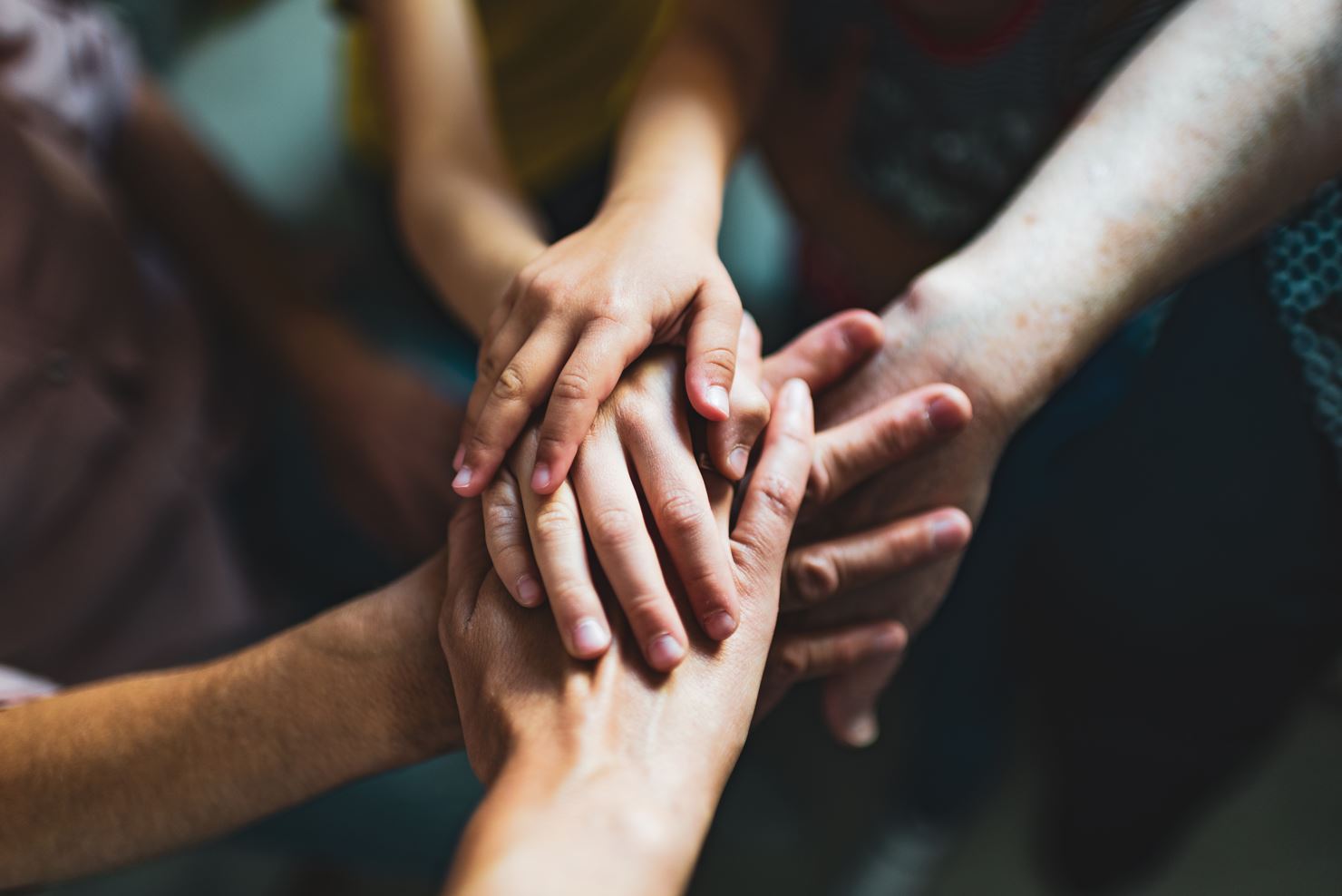More responsibility is a lot to ask from people who are already busy with so many tasks in their everyday life — a job, taking care of children and the home by themselves or with a partner, and hopefully the opportunity, once in a while, to do something fun.
However, more responsibility is what’s demanded from people who are caregivers, supporting a loved one during their end-of-life journey. Research finds that the average caregiver is a 49-year-old woman who works outside the home and provides 20 hours per week of unpaid care to her mother.
Of course, there are also plenty of men, and women both older and younger than 49, who are caregivers. You may have heard the term “sandwich generation,” referring to adults who have the responsibility of caring for young children and their senior-age parents at the same time. They know end-of-life care is important, and they want to help their loved one, but they may still feel overwhelmed at what they need to do.
Telling others
Caregiving is rewarding for many people; just ask the Centrica Care Navigators staff you see throughout southwest Michigan every day. But it can be a challenge, too. So what can be done to help caregivers with such an important responsibility?
One idea that many organizations push for at the state and local level is policy changes, to offer financial support and more time off of work for caregivers to spend with those they love.
Closer to home, something that caregivers can do, or others can do for them, is simply let people know that they’re providing care for a loved one. It might not be something people want to discuss, since it caregiving often involves with a family member, or simply because they don’t want to talk about end-of-life care in general.
Talking about caregiving and the need for hospice for someone important to them can help others realize that a good friend, coworker, or family member needs some time and space to focus on this task — and it might encourage those friends and coworkers to look into hospice themselves when and if someone in their own lives needs it.
Don’t do it alone
Caregiving also doesn’t have to be something a person does alone. The nurses, hospice aides, and other specialists at Centrica Care Navigators work with families every day to make sure their loved ones are receiving compassionate and supportive care for their physical, mental, emotional, and spiritual needs.
They can answer questions about good next steps to take, and they can also help find resources when a caregiver is looking for additional support.
Centrica Care Navigators is built around a “circle of care” approach; we’re helping not just a loved one with their medical needs, but everyone’s social, emotional, spiritual, and mental health needs, too. We want to make sure people in end-of-life care — and the people around them — are receiving the support they need. There are ideas for support right here on our website.
Researchers might call someone an “average caregiver,” but no matter who you are, know that you aren’t doing the important work of caring for a parent or other loved one alone. Friends and family are there to support you. The Centrica Care Navigators team is there to help, too.
You can learn more by exploring our website or calling Centrica Care Navigators at 269.345.0273.




